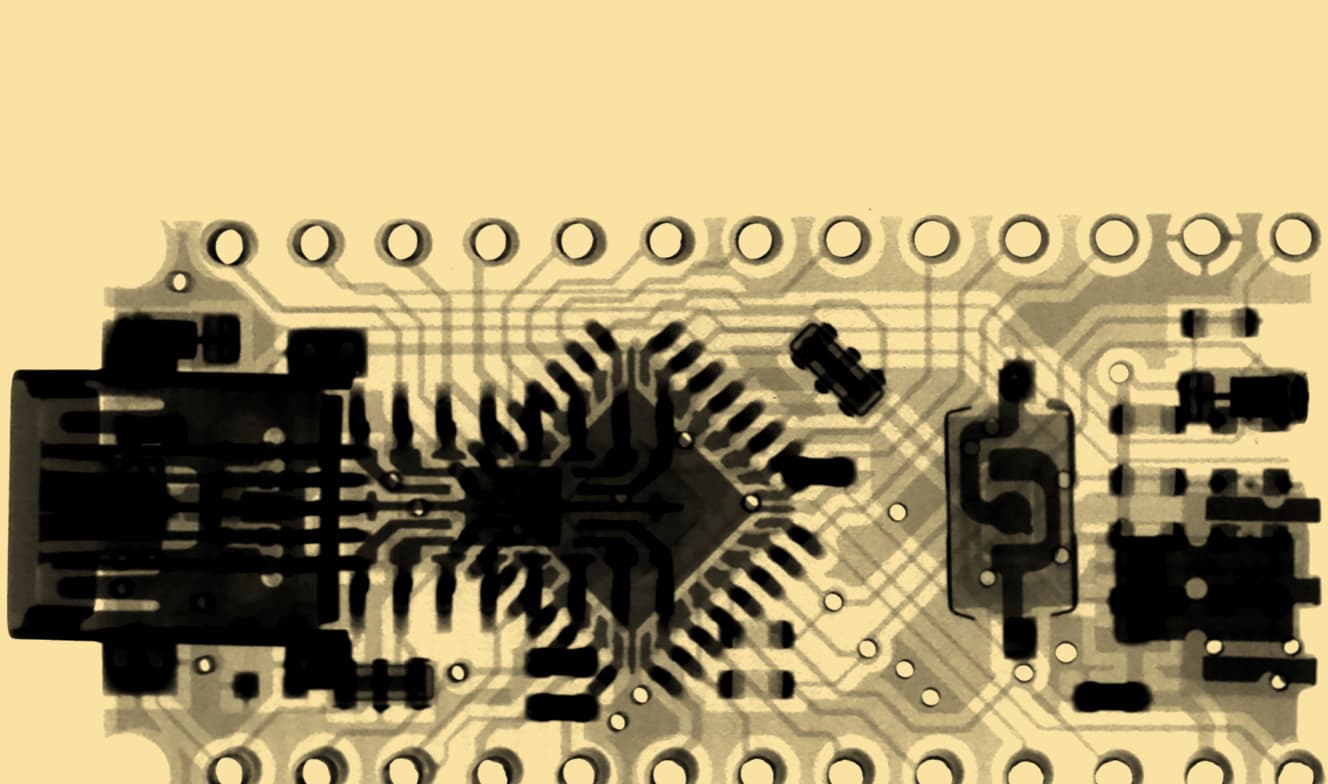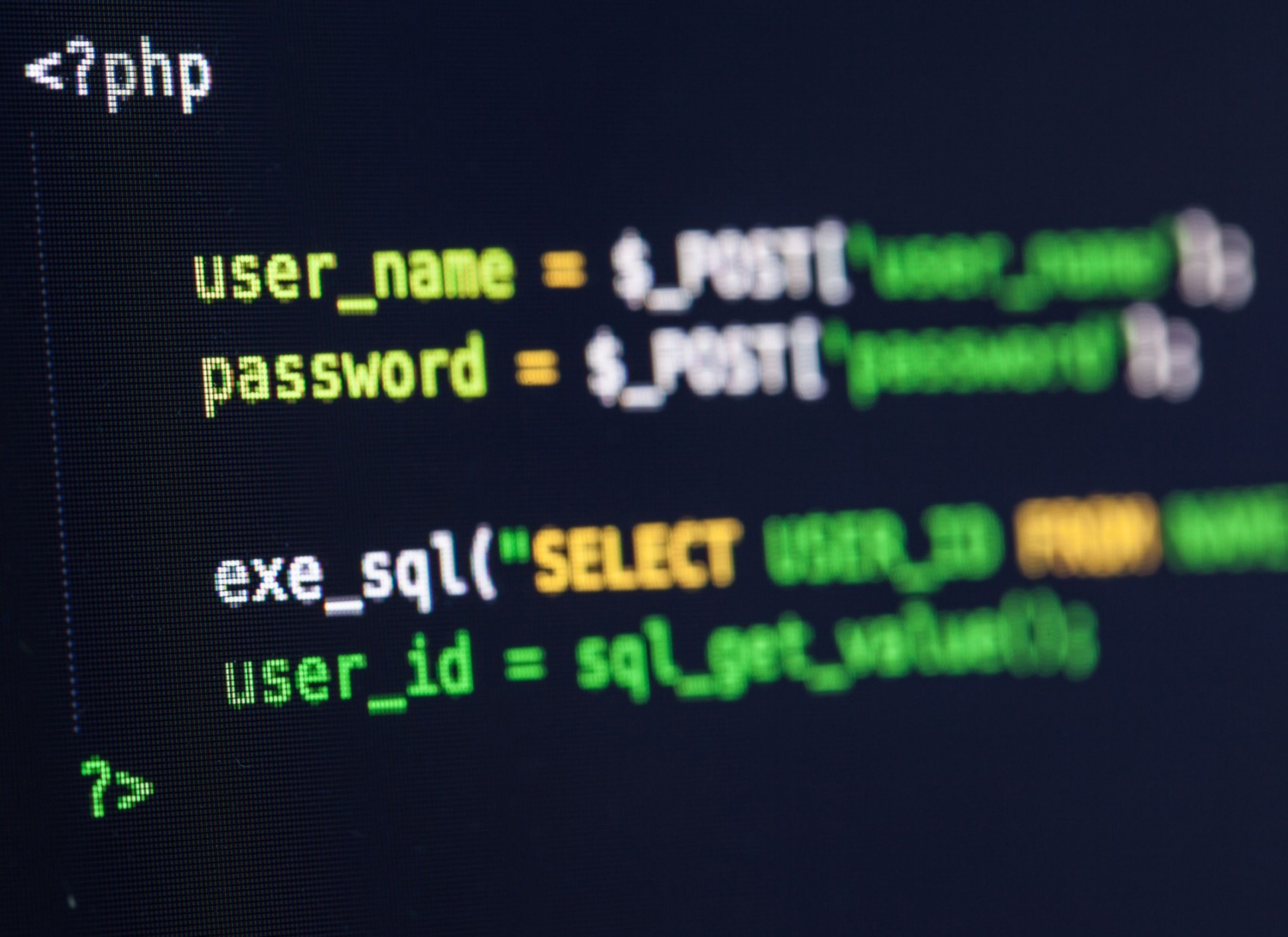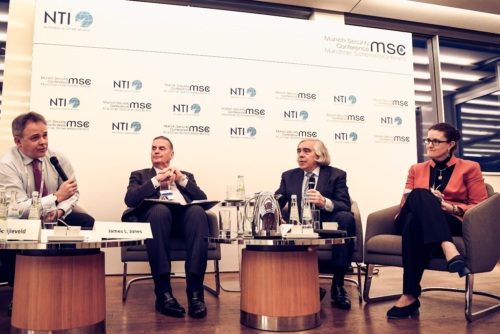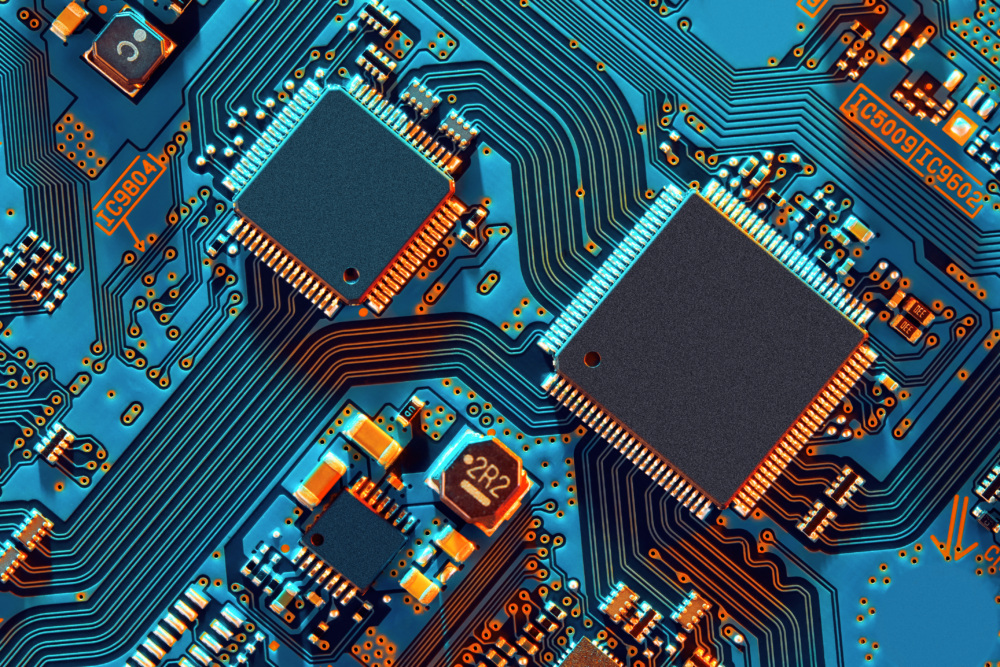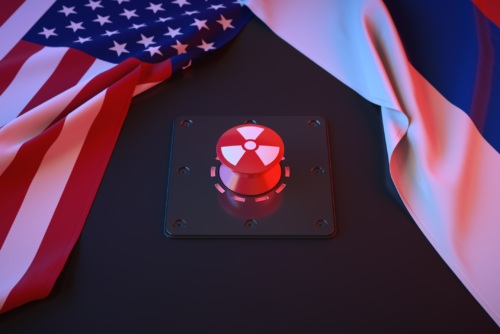
Cyber-Nuclear Weapons Study Group
Developing Options to Address Cyber Threats to Nuclear Weapons
Emerging tech holds promise and risk.
NTI stays ahead of the curve.
Governments are outpaced in adapting to new technologies and providing needed oversight. Nuclear facilities, weapons systems, and bio labs are vulnerable to accidents and miscalculation.
2 Only Romania and Taiwan receive a full score for cybersecurity in the 2020 NTI Nuclear Security Index
24% The 2020 NTI Nuclear Security Index found that 1/4 of countries don't have basic cybersecurity measures in place
89% In the U.S. nuclear modernization plan, 41 of 46 weapons and related systems examined will receive new or upgraded digital components, with implications for cybersecurity
Nuclear facilities and weapons systems are not immune from sophisticated cyberattacks that could facilitate the theft of weapons-usable nuclear materials or a catastrophic act of sabotage. Even nuclear weapons command-and-control systems could be compromised. Governments are not keeping pace with the threat.
Today, risks of a catastrophic biological events are magnified by a rapidly changing and interconnected world, increasingly political instability, urbanization, climate change, and rapid technology advances that make it easier, cheaper, and faster to create and engineer pathogens. Health systems, security, science, and governments are struggling to adapt.
Developing Options to Address Cyber Threats to Nuclear Weapons
Building Global Cybersecurity Capacity at Nuclear Facilities
Advances in biotechnology outpace national governments’ ability to provide needed oversight to prevent accidents or deliberate misuse of dangerous biological agents.
Nearly 40 cybersecurity experts from nuclear facilities in more than 14 countries discussed practical steps for strengthening cybersecurity at nuclear facilities during the eighth meeting of NTI’s Cyber-Nuclear Forum.
Education Center
